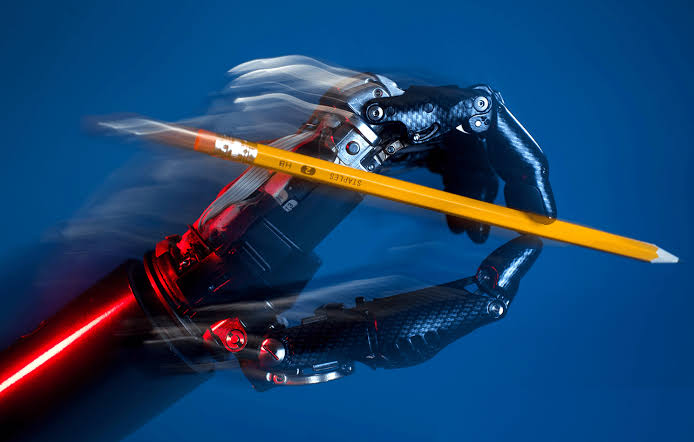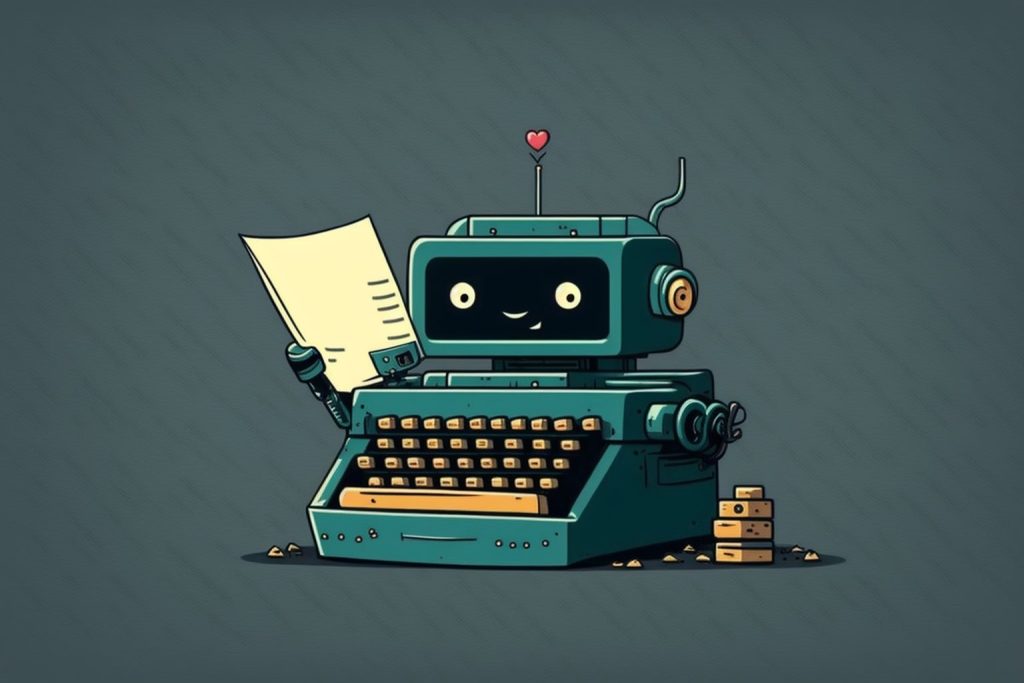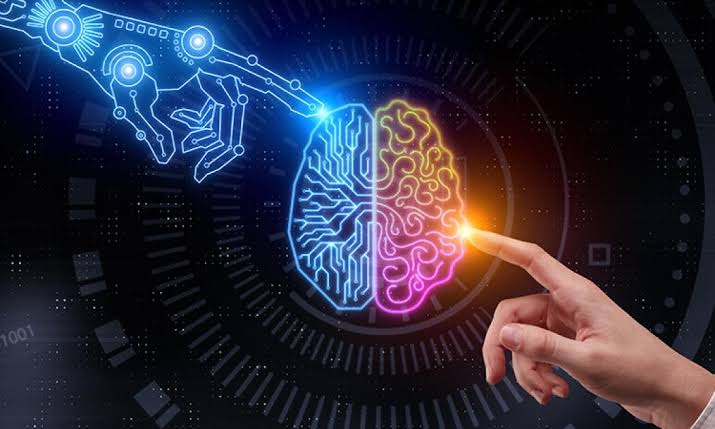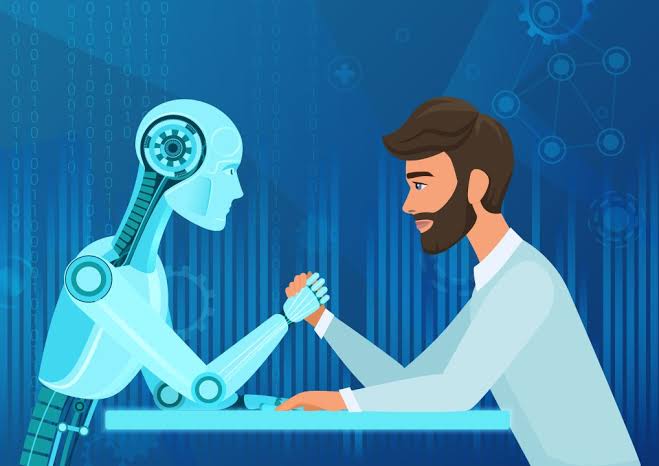Is AI helpful for Literature in Future? Let’s See

The marriage of artificial intelligence (AI) and literature has the potential to reshape the way we create, consume, and interact with written content. As we step into the future, the possibilities are both AI and Literature exciting and daunting, offering a dual narrative of promise and peril. It will give a broader perspective for that specific individual while collecting all perspectives.
Likewise, it will not be a buttery walk at all. Life is man-made so Is this AI. Let us discuss what lies ahead.
Things that might be helpful for us:
- Automated Content Creation: AI can assist authors by generating ideas, suggesting plot twists, and even crafting entire paragraphs. This can significantly boost productivity and creativity.
- Personalized Reading Experiences: AI algorithms can analyze reader preferences, tailoring recommendations and content to individual tastes. This personal touch could enhance engagement and foster a deeper connection between readers and literature.
- Language Translation and Accessibility: AI-powered language translation can break down linguistic barriers, making literature more accessible to a global audience. This has the potential to enrich cultural exchange and broaden the reach of diverse voices.

- Command over language: While learning new languages as a writer we need some handy help with the grammatical references. So that the content will be proper without mistakes as possible. And AI will help to give those tools for quick help. So work will be much easier and simplified.
- Content Curation and Discovery: AI can revolutionize how readers discover new content. By analyzing vast amounts of data, algorithms can suggest books, genres, or authors that align with a reader’s interests, introducing them to previously undiscovered literary gems.
- Expressing the work: This will be the key for those who don’t know how to represent their content in voice formation. Using some AI-based tools someone who can’t communicate through their perspective can get some help with that tool.
Things might get worse in the future:

- Loss of Human Touch: While AI can assist in content creation, it may lack the nuanced understanding, emotions, and cultural context that human authors bring to their work. This could lead to a loss of the deeply human elements that make literature resonate.
- Bias and Lack of Diversity: If not programmed carefully, AI algorithms can perpetuate existing biases, leading to a lack of diversity in recommended content. This could reinforce existing stereotypes and limit exposure to diverse perspectives.
- Job Displacement: The automation of certain literary tasks, such as editing or even writing, may lead to job displacement within the traditional publishing industry. This raises concerns about the livelihoods of human editors, writers, and other industry professionals.
- Ethical Concerns: As AI becomes more integrated into literature, ethical questions arise. Issues such as plagiarism detection, ownership of AI-generated content, and the potential for misuse demand careful consideration and regulation.

In the ever-evolving landscape where AI and literature intersect, the future holds both the promise of unparalleled innovation and the challenge of navigating uncharted ethical territory. Striking a balance between leveraging AI for its transformative potential and preserving the essence of human creativity is the key to ensuring a literary future that enriches rather than diminishes our cultural tapestry.
As we write the next chapter in the story of AI and literature, it is essential to embrace the positive while remaining vigilant against the shadows cast by unintended consequences. In upcoming time we’ll see what will happen more or less with AI functionality.
Write with us✍?
TeamUgtWorld warmly welcomes everyone! If you have something on your mind that you’d like to write about, we invite you to publish your content on our platform @Ugtworld. To learn more, please click on the link provided below.


